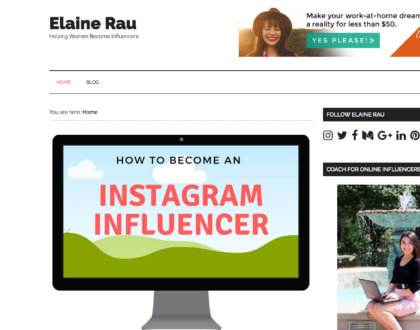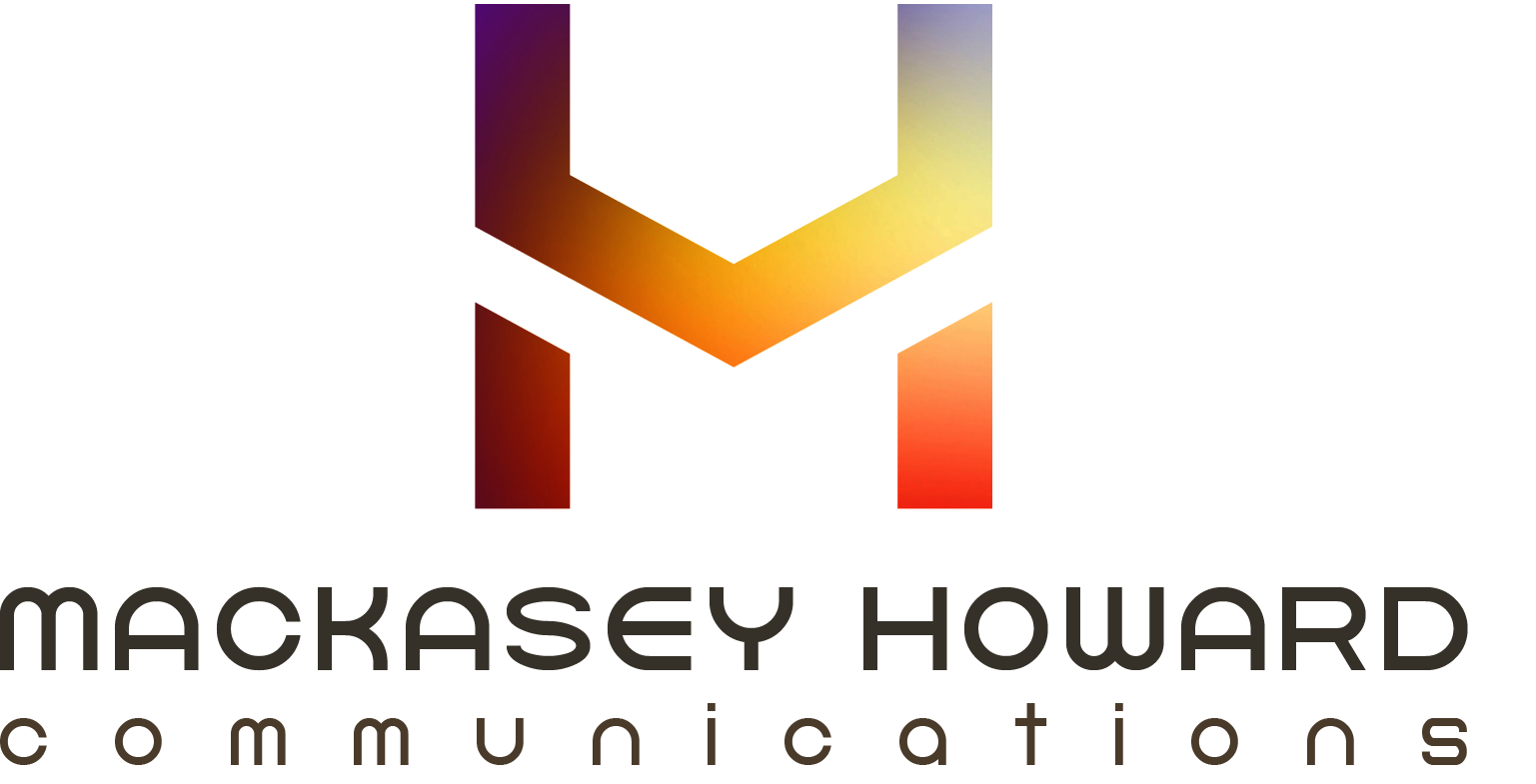What is Public Relations?

by Rahna
Although many people are aware that public relations (PR) is an essential element of the media ecosystem, it is notoriously difficult to define. Some believe that PR, advertising, and marketing are virtually synonymous. While all of them fall within the communications spectrum, they are actually three different fields altogether.
PR has a number of features that make it a distinctive and effective tool for brands seeking to get their message out to the public and build trust with their audiences. Because PR comes in a variety of forms, it is able to effectively carry out a wide variety of functions. This article will provide an overview of what PR is and describe some of the transformative benefits it can have for organizations of all kinds.

Not Quite As Advertised: What PR Actually Is
While there are a variety of ways to distinguish PR from advertising, the simplest way to define advertising is as paid-for content designed specifically to sell a product or service. Advertising tends to be primarily visual and is essentially one-way communication: advertising mostly talks at a person, not to them. For that reason, many people instinctively distrust advertising.
PR, by contrast, is all about building trust between a brand and its audience. It is a form of earned media that is generated organically via print, digital, broadcast and social media. These can take the form of interviews, quotes, bylined articles and mentions that are not paid for and that brands cannot control, making it a highly trusted type of coverage as opposed to advertising.
An example of earned media is if you are a subject matter expert and were featured in a television interview giving your opinion, or if your product was named in the top 10 in a listicle or if you wrote an amazing non-promotional guest post that was accepted to be published by a popular blog. These are considered to be earned media, since you did not pay for the garnered publicity.
Why PR and what are the benefits?
Few businesses truly understand the transformative impact that a successful public relations strategy can have on one’s brand. PR’s ability to build trust and help maintain a positive reputation make it a powerful communications channel in an age where consumers seek to be maximally informed about the brands they choose.
PR is one of the most powerful ways to create and maintain a positive online presence while experiencing strong ROI over time. PR’s unique effectiveness comes from its versatility, as it comes in a variety of forms, each of which brings with its own benefits. Press releases and newsletters help keep the public informed about a brand’s services and products, ensuring consistent exposure while also creating periodic buzz to excite old customers and bring new ones in. Moreover, newer strategies such as social media and influencer marketing campaigns help brands instantly connect with their target audiences and establish a highly visible and distinctive digital presence.
PR also consists of editorial coverage in the form of bylined articles, expert quotations, and interviews. Because these kinds of communications are earned rather than bought, they bring a level of credibility that vastly outweighs what can be achieved by advertising. By helping brands secure coverage in reputable and objective publications, PR agencies can position key brand leaders as experts in their fields. In doing so, they raise awareness for the brand while maintaining a positive image that consumers genuinely trust and feel attached to.
How to know if your company needs PR
PR does not only cover a variety of different types of content, but is used by a wide array of companies. Startups, multinational corporations, nonprofits, and even individuals all make use of PR as a cornerstone for building and maintaining their brand. However, this does not mean that hiring a PR team will instantly produce results for any brand at any time: there are a few considerations to take note of before embarking on a PR campaign.
Firstly, it is important to have a vision and a strategy in place before starting to do PR. The most effective PR campaigns are those that have thoughtful, intentional messaging delivered in a clear, consistent way that is backed up with thorough data and analytics. They are also informed by a strong sense of who the business’s current audience is and which audiences it is trying to reach. Without this clear sense of identity and purpose, a PR campaign can come across as disorderly and inconsistent.
Most businesses can clearly benefit from PR, as a good reputation and strong consumer trust are non-negotiable for success in services. When it comes to products, businesses that offer products which are complex, expensive, and unable to be tested out before purchasing tend to benefit the most from PR, as it helps customers feel informed and secure before making an important, potentially costly purchase.
Conclusion
PR is a unique–and uniquely effective–way for brands to raise awareness and build trust with their audiences. By telling captivating stories and securing earned media coverage, brands not only win the trust of potential consumers, but of employees, investors, and other stakeholders. An effective PR campaign does not just present a brand as a company with a product to sell, but optimally positions brands in a way that resonates with their intended clients and establishes their founders as experts in their space. In doing so, it is able to create relationships that go far beyond the merely transactional.
If your business is ready to embark on a PR campaign, do not hesitate to contact us.
Recommended Posts

Relationships are forged when working in PR.
January 25, 2018

Great article in Inc. featuring our client!
August 28, 2018


